Subtle inflaton interactions may reshape our understanding of cosmic inflation, altering predictions about dark matter, black holes, and gravitational waves.


Subtle inflaton interactions may reshape our understanding of cosmic inflation, altering predictions about dark matter, black holes, and gravitational waves.

Scientists assume that inflation was driven by hypothetical inflaton particles, which scientists think could be the Higgs boson.
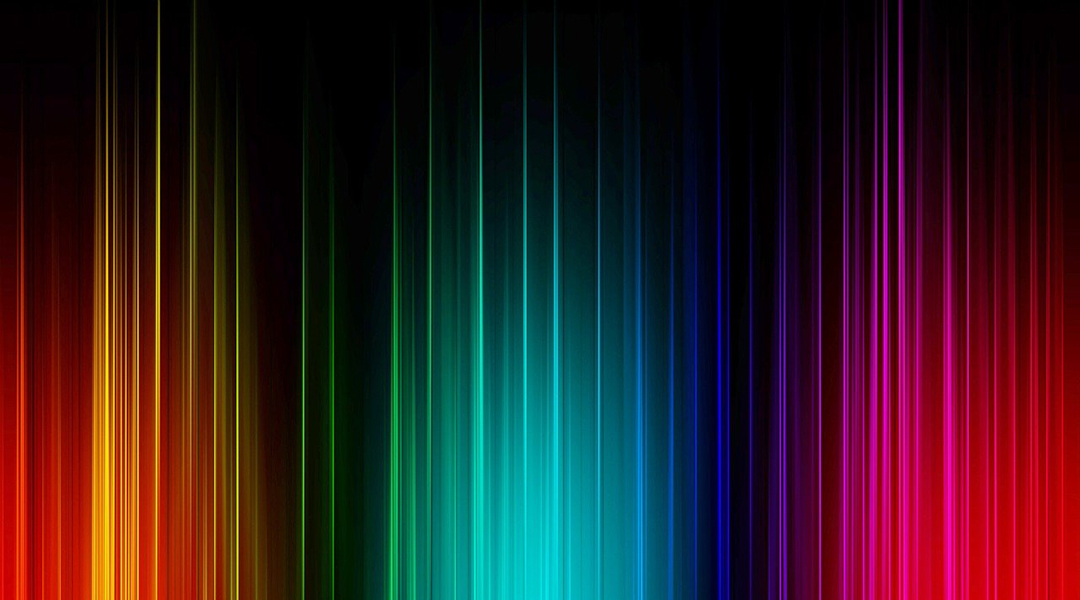
Metasurfaces to detect terahertz radiation are making spectrometers smaller, lighter, and more efficient for space travel.
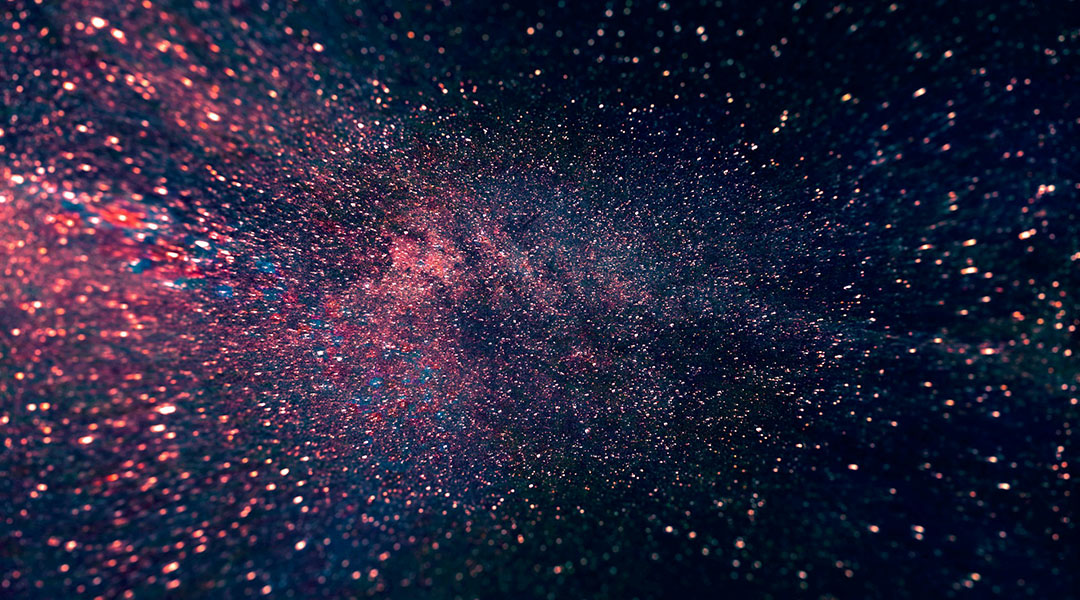
String theory could reshape our understanding of the Universe’s accelerating expansion and unlock the mysteries of dark energy.
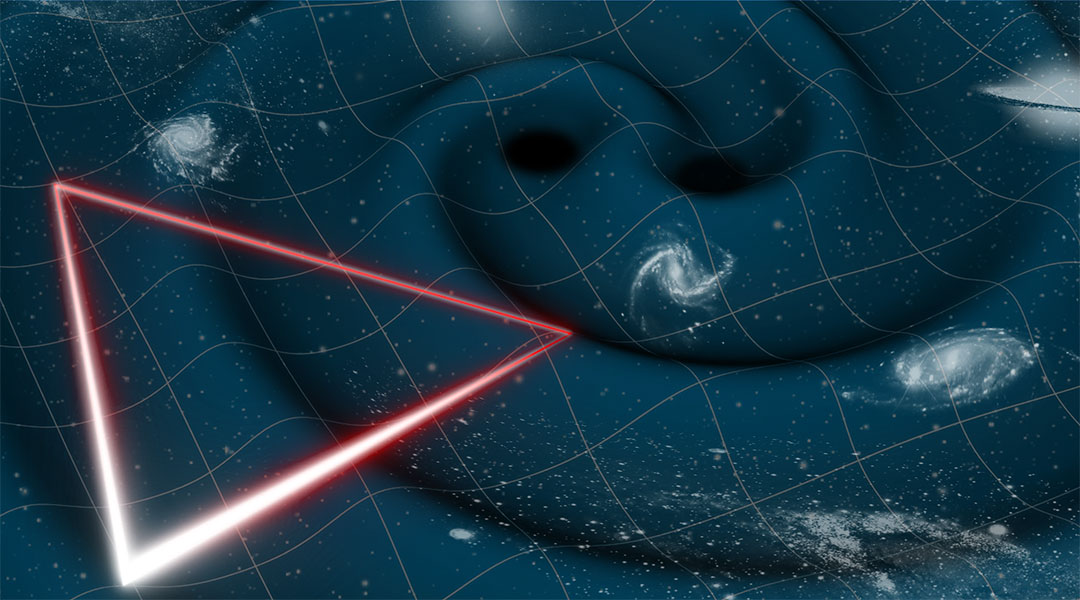
ESA greenlights LISA, a space-based observatory poised to detect gravitational waves across space and time.

It’s looking less and less likely that the Hubble tension is a result of observational errors.
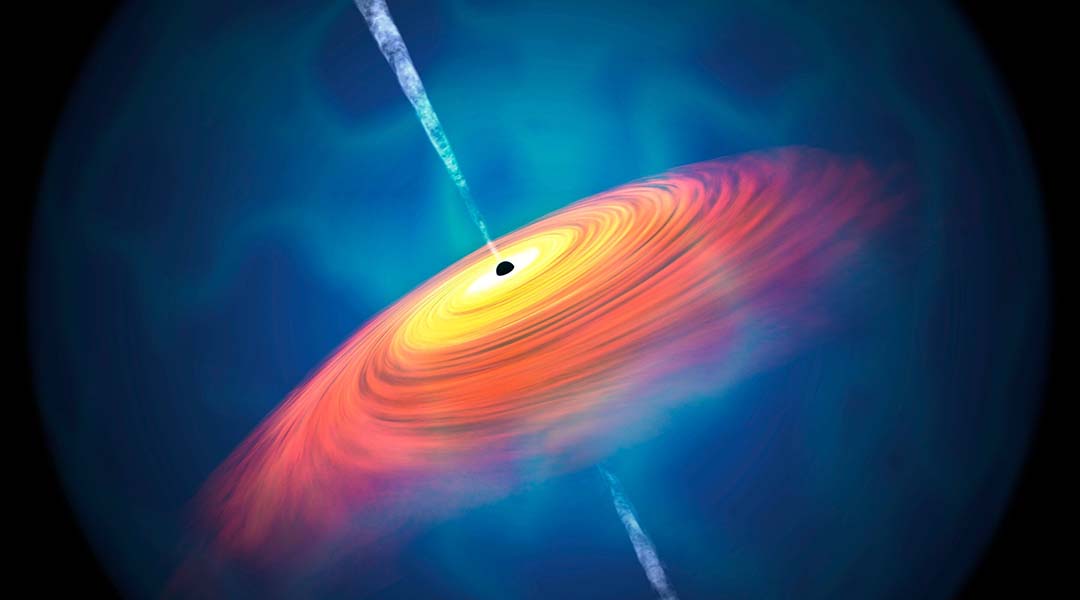
Scientists have only observed supermassive black holes one billion years after the Big Bang, but astrophysicists have now breached this barrier.
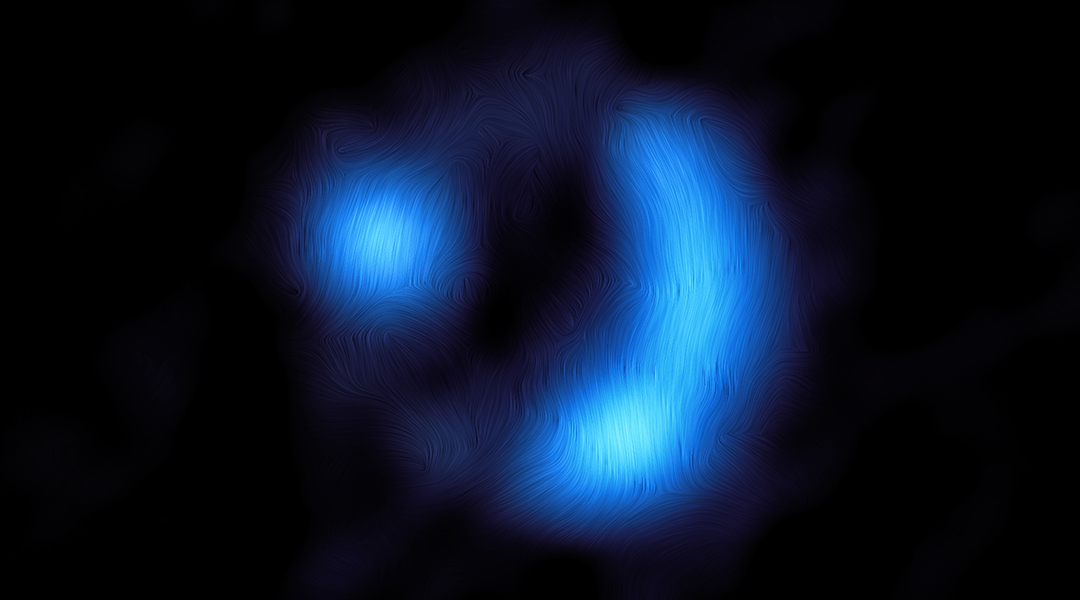
The galaxy 9io9 is seen as it was when the cosmos was just 2.5 billion years old, making this the earliest galactic magnetic field ever observed.
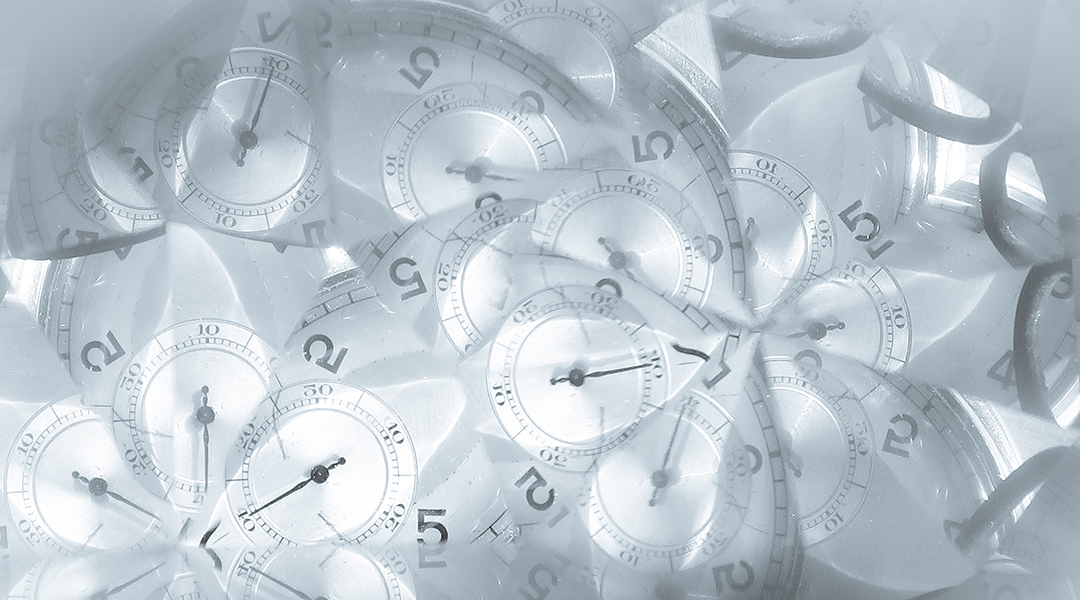
Using quasars as ticking cosmic clocks, scientists took a journey back in time, discovering time progressed five times slower just after the Big Bang.
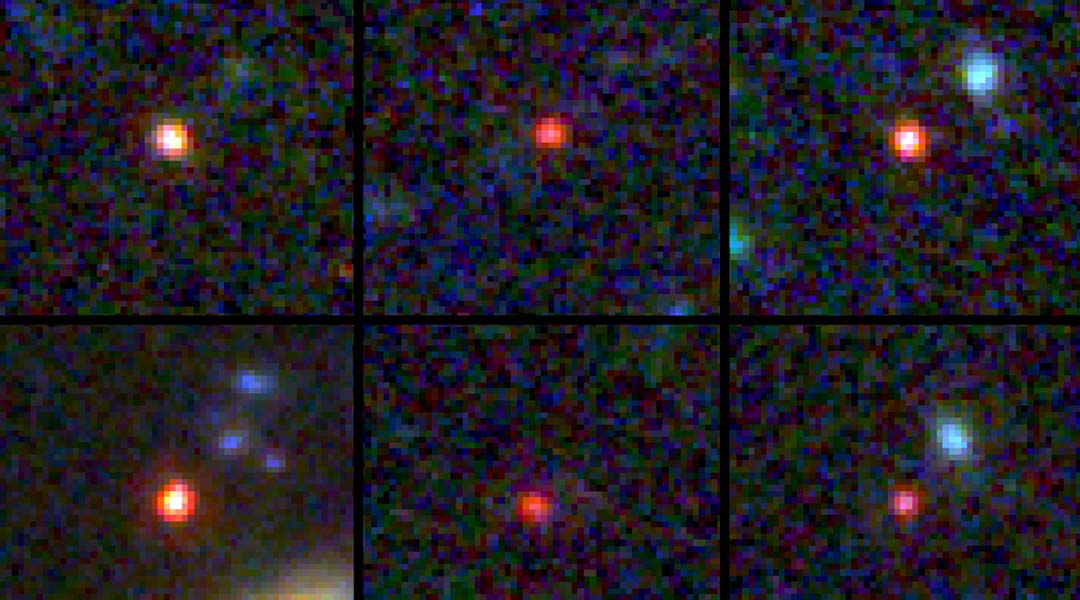
Astronomers report recent observation of six massive galaxies that according to our current understanding of the Universe should not exist at all.